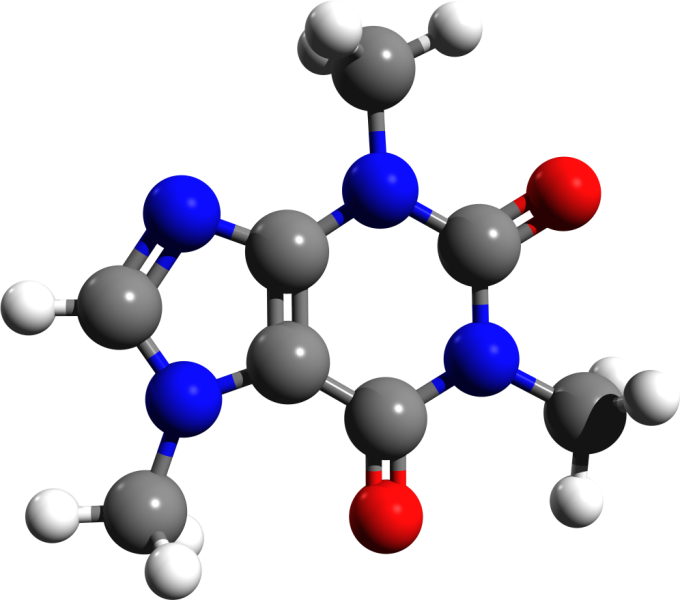
#THEINE MOLECULE FULL#
Excerpts and links may be used, provided that full and clear credit is given to Online Stores, Inc., and The English Tea Store Blog with appropriate and specific direction to the original content. Unauthorized use and/or duplication of this material without express and written permission from this article’s author and/or the blog’s owner is strictly prohibited. © Online Stores, Inc., and The English Tea Store Blog, 2009-2014. But his claim, among others, that the man who was kept up all night by a cup of hot tea but could drink a half gallon of the iced stuff in the evening with no ill effects should probably should be taken with a grain of salt. I’m not prepared to disagree with the wisdom of the author who wrote, in the Therapeutic Gazette, in 1890, that the effects of theine/caffeine could be nullified by chilling the tea. Which may be true sometimes but is not necessarily always the case. In an 1873 article from The Chemical News and Journal of Physical Science the author makes the interesting observation that “most analysts had found more theine in black than in green tea.” While one does not necessarily question their analyses it’s interesting to note that one of the persistent myths about tea nowadays is that black tea contains more caffeine that green tea. The author also says tea “has been found to contain an element called theine” though beyond noting that it also contains lots of nitrogen – which is supposedly a good and healthy thing – he doesn’t really elaborate much. This notes that said beverage contains an abundance of nitrogen (news to me).

Along with tackling such questions as how much the Earth weighs and the moon’s influence on the weather there’s a section on coffee. That occurs in a volume called Popular Books on Natural Science: For Practical Use in Every Household, for Readers of All Classes, by Aaron David Bernstein.

While a cursory web search reveals that theanine indeed does not turn up prior to 1949 you can find mention of theine as far back as 1809. In any event, the Oxford Dictionaries offer a rather succinct definition of theine, which amounts to ” caffeine, especially when it occurs in tea.” It goes on to note that it apparently originated in the mid-nineteenth century, and comes from Thea, the “former genus name of the tea plant, from Dutch thee.”

Which I don’t seem to recall reading about in all the time I’ve been writing about tea. To complicate things just a bit, consider that tea also seems to contain a compound known as theine. Theanine /inin/, also known as L-glutamylethylamide and N5-ethyl-L-glutamine, is an amino acid analogue of the proteinogenic amino acids L-glutamate. As I noted in an article I wrote here about theanine a few years ago, it’s “an amino acid found only in the tea plant, it was first isolated by Japanese researchers in 1949.” Theine Molecule Model (Yahoo! Images) That drink is tea, of course, and the calming compound contained therein is known as theanine. It’s a bit of a paradox that a drink that contains caffeine can often impart to the drinker a feeling of calm and relaxation.


 0 kommentar(er)
0 kommentar(er)
